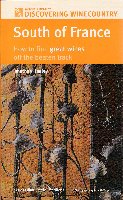
HOW MUCH do you need to drink to feel the life and soul of the party? Ig Noble Prize-winning psychology researchers from Grenoble University recruited subjects to compare levels of intoxication with reports of how seductive, intelligent, original and funny subjects felt. Intoxication is not a simple consequence of consuming alcohol, they say; it results (more importantly) from the psychological effect of believing alcohol has been drunk. Subjects who believed they had drunk alcohol - even those that had not - gave themselves the most positive evaluations. A sobering thought: designated drivers could be getting 'drunk' on alcohol-free booze.
Full article first published in The Connexion (December, 2013)



























